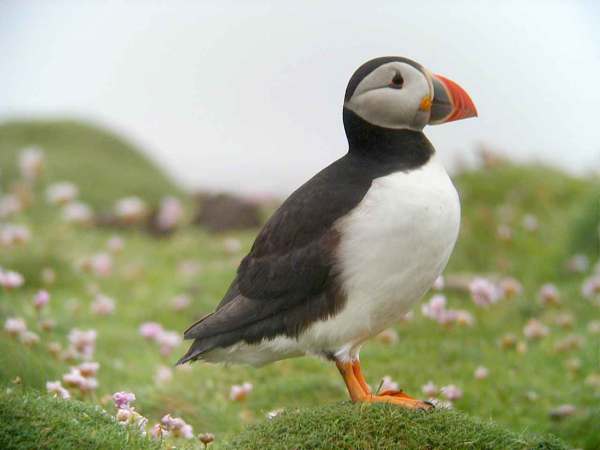My Life as a Science Promoter – Chicago, the Penguin Farewell Tour has begun
Motivation is one of the reasons I love watching nature shows on @AnimalPlanet. Seeing animals on TV reminds me how cool it’ll be when I see tigers, chimpanzees, and penguins with my own eyes. That reminder motivates me to keep working hard as a Science Promoter. Some days though, TV won’t do, so I head down to the Lincoln Park Zoo.
Well, it saddens me to share with you that the zoo will be closing down a motivating exhibit of mine–home of the penguins & seabirds. See the news release: Change at Kovler Penguin-Seabird House. Equipment that maintains the temperature of the exhibit is outdated, and not like an iPad 1. We’re talking outdated as in Sony Walkman. Over the upcoming weeks, the birds will still be visible to the public as zoo scientists search for homes for these lovely creatures of the cold. The zoo is free, so visit anyday. In the meantime, say hello before you say goodbye to the six lovely species of penguins & seabirds that currently reside in the Kovler Penguin-Seabird House.
Have you seen a Tufted Puffin (Fratercula cirrhata)? They are adorable! See wild Puffins in California:
Meet the linebacker of the group, the Chinstrap penguin (Pygoscelis antarctica). You can find his relatives around Antarctica:
The coolest looking penguin, with the coolest name, is the Rockhopper penguin (Eudyptes chrysocome):
 This guy has a fun habitat–on cliffs and offshore islands. You can find wild ones in the North Atlantic Ocean. Meet the Razorbill (Alca torda):
This guy has a fun habitat–on cliffs and offshore islands. You can find wild ones in the North Atlantic Ocean. Meet the Razorbill (Alca torda):
Mostly a marine species (spends most of it’s time in the water, not on cliffs or islands), the Common Murre (Uria aalge) can hold it’s breath for up to a minute (that doesn’t sound long for a bird that lives in the ocean):
I was saving the biggest for last (not necessarily the best). This penguin has adapted to drink saltwater. It has special glands in the eyes that help it excrete excess salt through the nose. Meet the King penguin (Aptenodytes patagonica). You can find his cousins, not on Antarctica, but on beaches in the south Pacific:
 Thanks for reading, #LetYouBeYou
Thanks for reading, #LetYouBeYou
If you have time, read my other penguin post from last winter:
5-degrees. It could be worse, Chicago. – January in Chicago can become unbearable. But if you ask the Emperor penguin, it could be worse.



